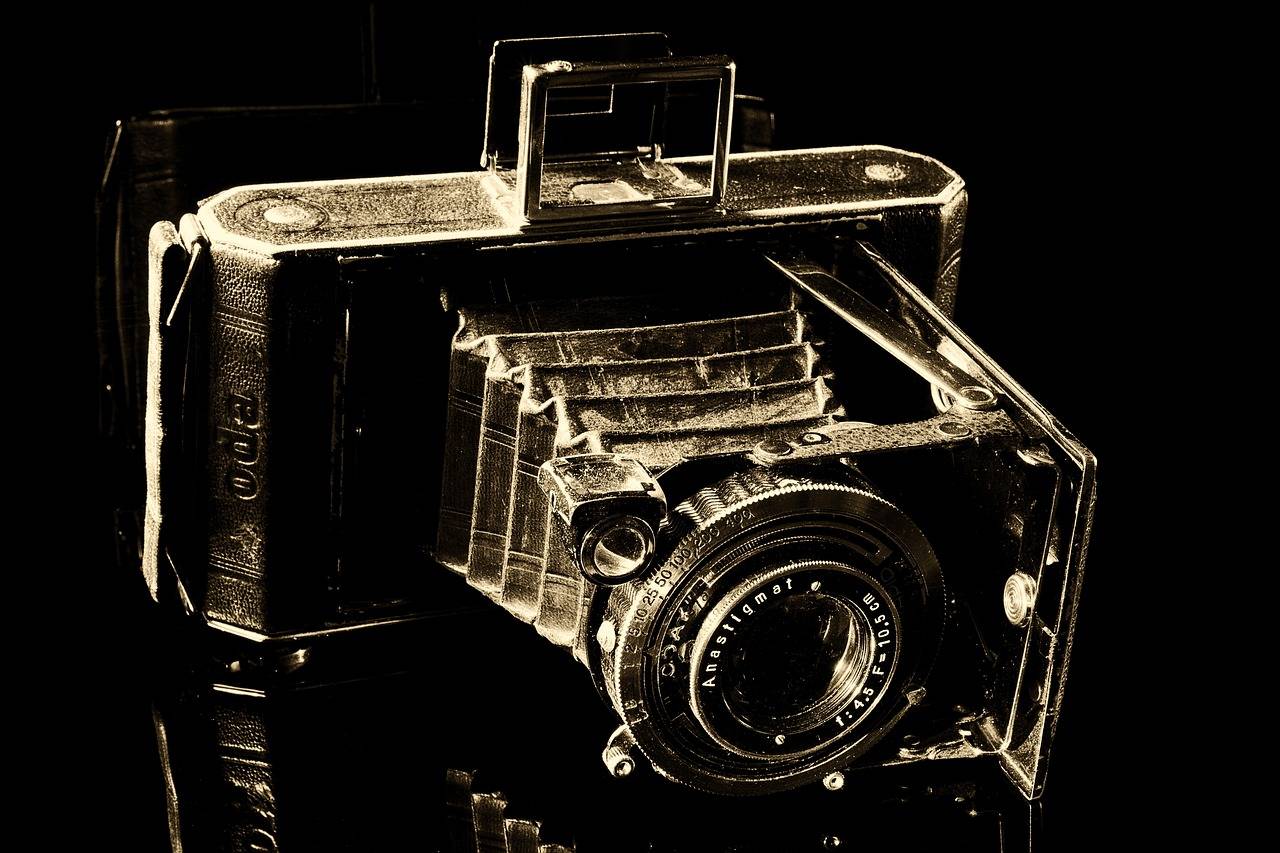The Influence of Lottery Wins on Movie Plotlines: A Look at Hollywood's Lottery Storytelling

Movies have always been a reflection of society's dreams, desires, and fantasies. One of the most common fantasies that often makes its way to the silver screen is the idea of winning the lottery. Hollywood has used the concept of a life-changing win at Teen Patti cards or any other lottery game as a plot device in countless films, weaving it into narratives that explore themes of luck, wealth, morality, and human nature. In this exploration of "The Influence of Lottery Wins on Movie Plotlines," we delve into how Hollywood has employed the allure of the lottery to captivate audiences and delve deeper into the human psyche.
Setting the Stage: The Allure of the Lottery
The lottery has been a cultural phenomenon for centuries, offering the promise of instant wealth and a life of luxury to those who hold a winning ticket. It's no wonder that this concept has become a staple in Hollywood storytelling. A lottery win is a convenient and relatable plot device that allows filmmakers to explore various aspects of the human experience.
The Dream of Instant Wealth
One of the most obvious draws of incorporating a lottery win into a movie plot is the dream of instant wealth. The idea that an ordinary person can suddenly find themselves in possession of an enormous fortune is a universal fantasy. It taps into our innate desire for financial security and the freedom to pursue our dreams without constraints.
Movies like "It Could Happen to You" (1994) and "Waking Ned Devine" (1998) explore the transformation of ordinary lives when the characters win a lottery jackpot. These films showcase the joy, excitement, and challenges that come with sudden wealth, offering viewers a glimpse into what it might be like to have their financial worries vanish overnight.
Exploring Morality and Character
The sudden acquisition of wealth often brings questions of morality and character to the forefront. Many lottery-themed movies delve into how individuals handle their newfound riches and the ethical dilemmas they face. "Lottery Ticket" (2010) and "The Brass Teapot" (2012) are examples of films that explore the moral choices characters make when faced with newfound wealth.
These movies challenge us to consider how we might react in similar situations. Would we stay true to our values, or would the allure of wealth lead us down a different path? By using lottery wins as a storytelling device, filmmakers encourage audiences to reflect on their own values and the choices they would make in similar circumstances.
The Dark Side of Fortune
While winning the lottery is often portrayed as a dream come true, some films take a darker approach to the subject matter. They explore the idea that sudden wealth can come at a high price, leading to isolation, paranoia, and even tragedy. "Finder's Fee" (2001) are examples of movies that delve into the negative consequences of a lottery win.
These films serve as cautionary tales, reminding us that pursuing wealth at any cost can have dire consequences. They challenge our preconceptions about the lottery as a ticket to happiness and success, highlighting the complexities of human nature and the unpredictability of life.
A Vehicle for Social Commentary
Beyond individual character development, lottery-themed movies can also serve as a platform for social commentary. They shed light on issues such as economic inequality, the allure of consumerism, and the impact of fortune on communities.
Films like "The Lottery" (1969) and "Lucky" (2017) use the lottery as a lens through which to examine societal norms and values. They raise questions about the fairness of the lottery system, the role of luck in our lives, and the ways in which wealth can both unite and divide communities.
Variations on a Theme
Hollywood's approach to lottery storytelling is far from monolithic. Filmmakers have explored a wide range of scenarios and genres, each offering a unique perspective on the theme. From comedies like "Lucky Numbers" (2000) to dramas like "The Ultimate Gift" (2006) and even science fiction thrillers like "Paycheck" (2003), the lottery serves as a versatile backdrop for storytelling.
These variations allow filmmakers to tailor their narratives to different audiences and genres while still tapping into the timeless appeal of the lottery as a storytelling device.
Conclusion: The Enduring Allure of Lottery Storytelling
In conclusion, Hollywood's use of lottery wins as a plot device has proven to be a powerful and enduring storytelling tool. It taps into universal desires for wealth, explores the complexities of human character, and offers a lens through which to examine societal issues. Whether portrayed as a dream come true or a cautionary tale, the concept of winning the lottery continues to captivate audiences and provide a rich canvas for filmmakers to explore the multifaceted nature of the human experience.
As long as the allure of instant wealth persists in our collective imagination, the lottery will remain a compelling and timeless element of movie plot lines, allowing us to vicariously experience the thrill, challenges, and moral dilemmas that come with the chance to win it all.

